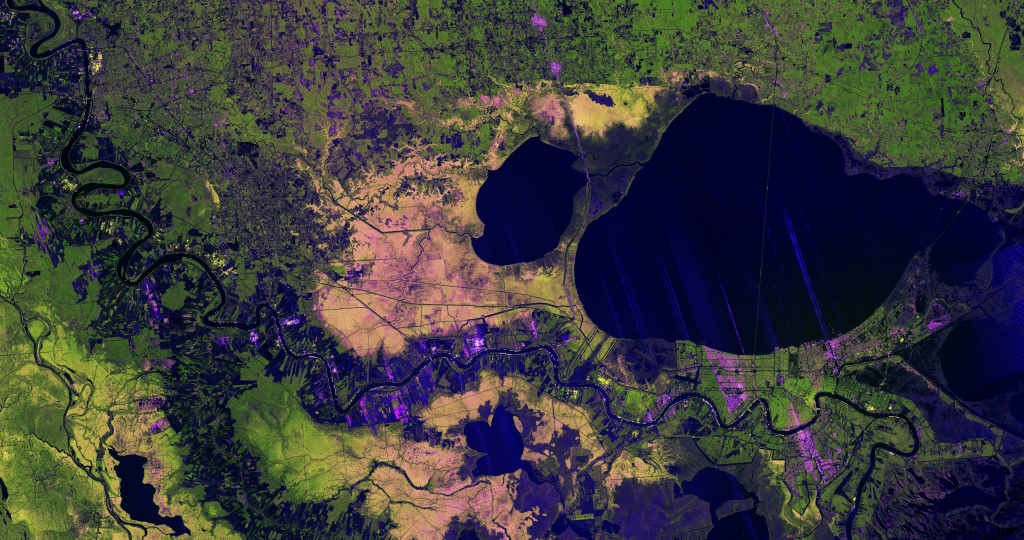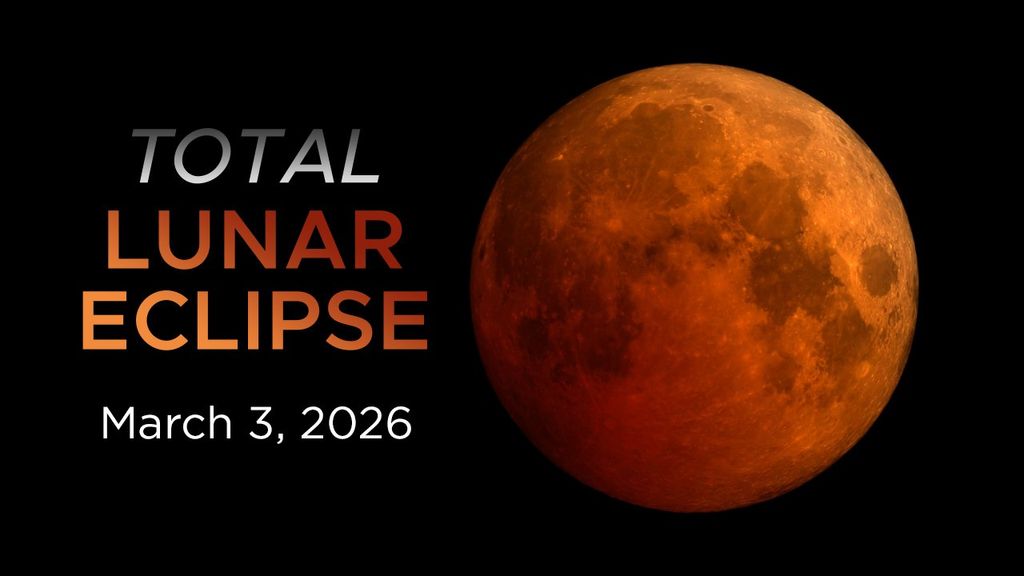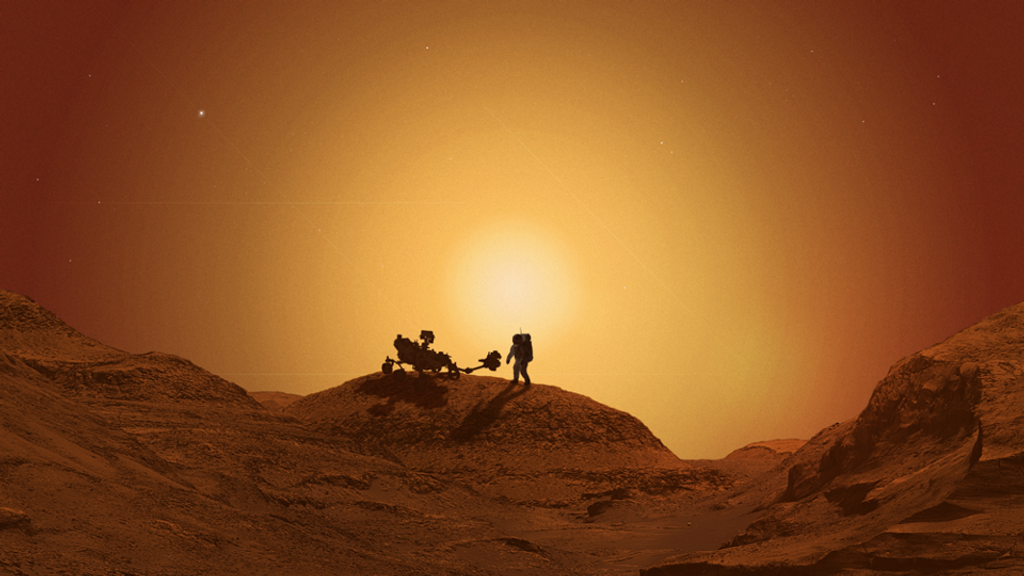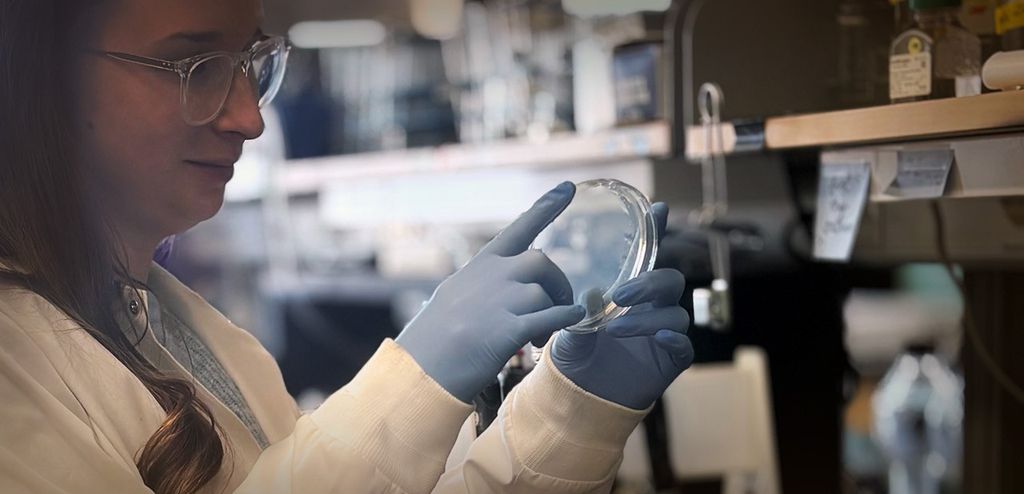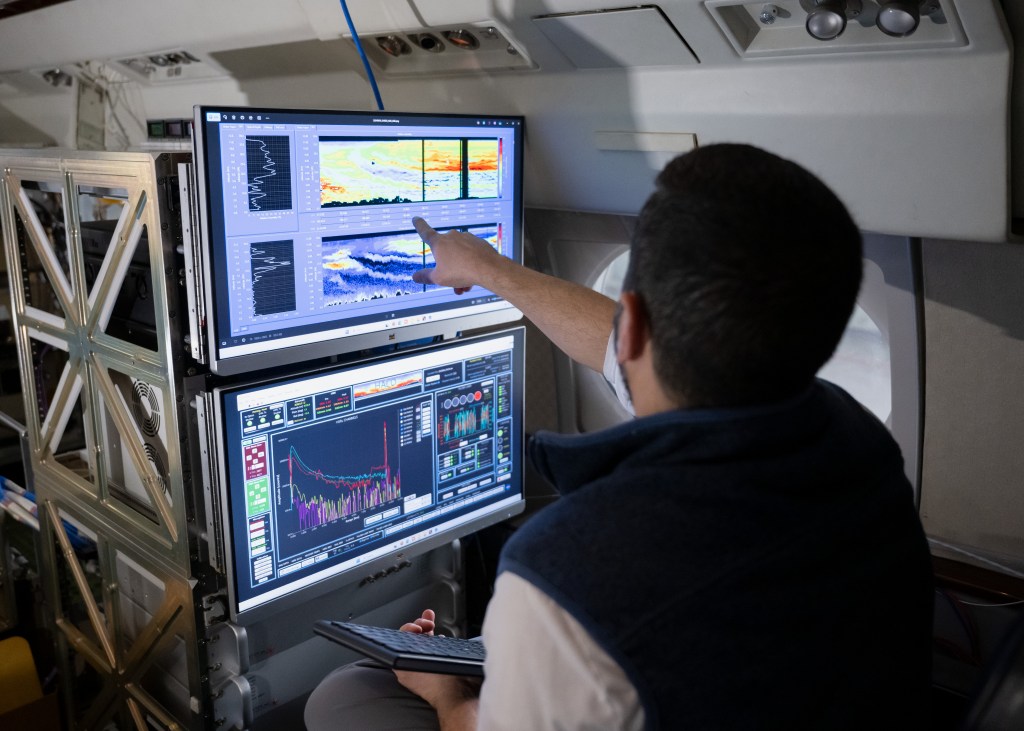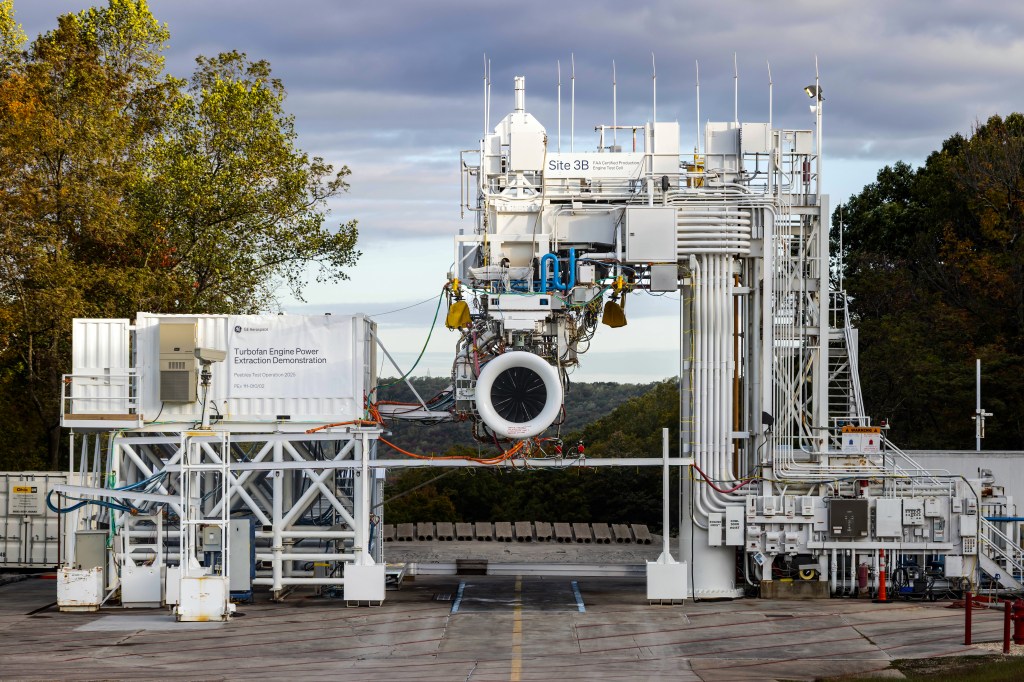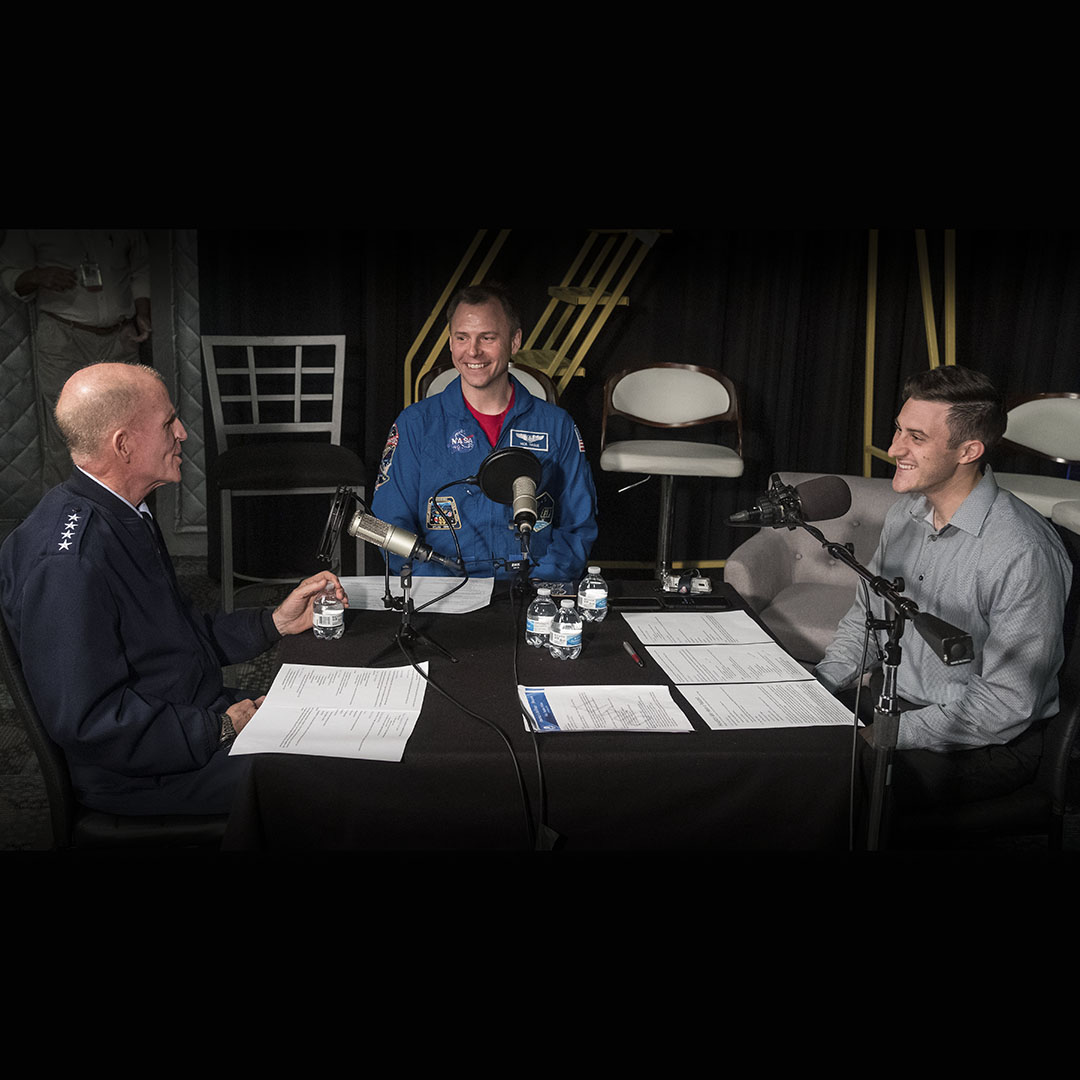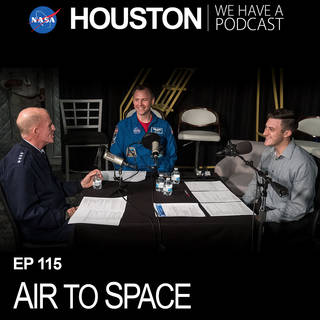
If you’re fascinated by the idea of humans traveling through space and curious about how that all works, you’ve come to the right place.
“Houston We Have a Podcast” is the official podcast of the NASA Johnson Space Center from Houston, Texas, home for NASA’s astronauts and Mission Control Center. Listen to the brightest minds of America’s space agency – astronauts, engineers, scientists and program leaders – discuss exciting topics in engineering, science and technology, sharing their personal stories and expertise on every aspect of human spaceflight. Learn more about how the work being done will help send humans forward to the Moon and on to Mars in the Artemis program.
On Episode 115 General Stephen Wilson, Vice Chief of Staff of the U.S. Air Force, and Nick Hague, U.S. Air Force colonel and NASA astronaut, discuss how the Air Force and NASA work together and the future in space for the Air Force, NASA, and the Space Force. This episode was recorded on October 16, 2019.
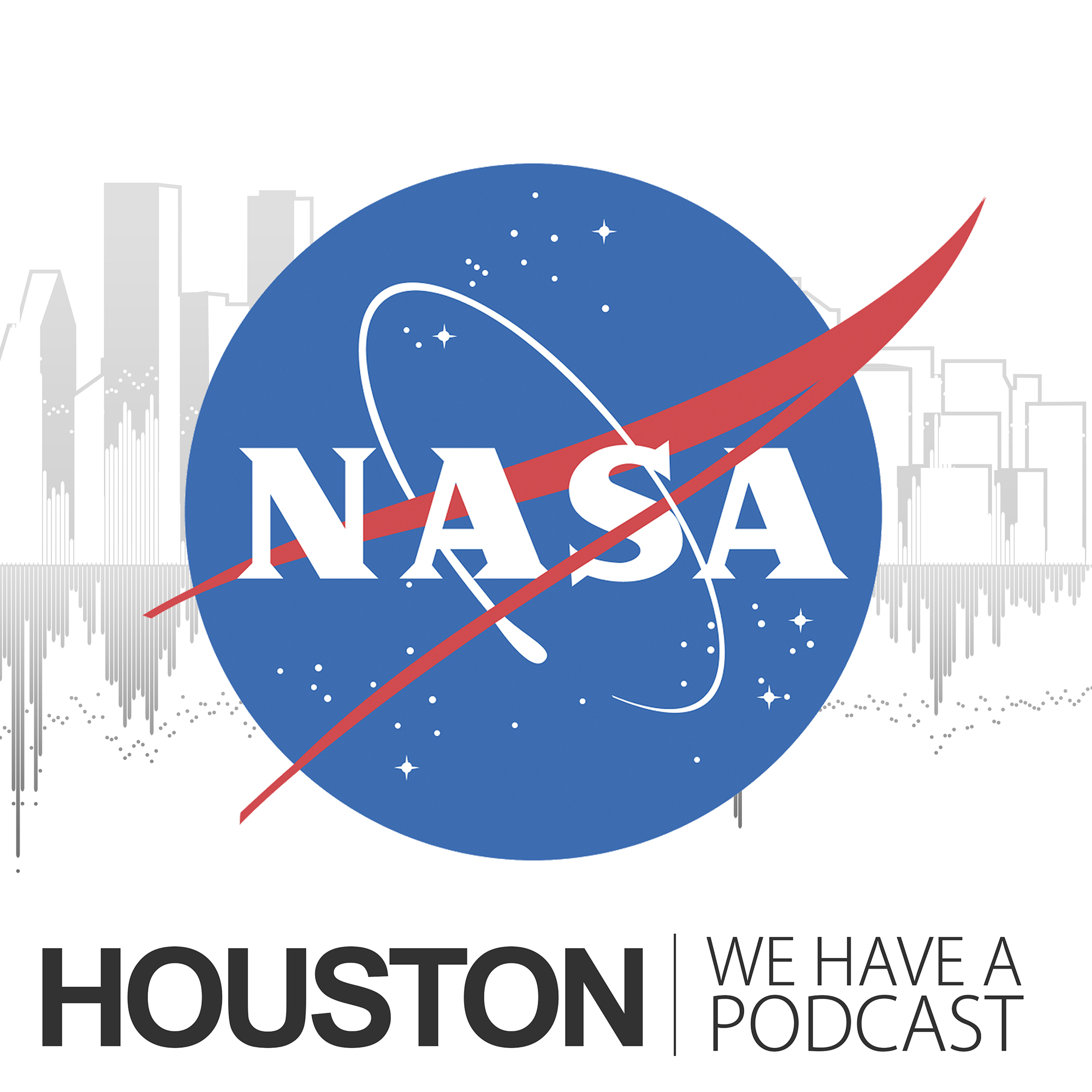
Transcript
Gary Jordan (Host): Houston, we have a podcast. Welcome to the official podcast of the NASA Johnson Space Center, Episode 115: “Air to Space.” I’m Gary Jordan, I’ll be your host today. If you’re new to the show, we bring in the experts to talk about all different parts of human spaceflight. Long time listeners of this show know that human spaceflight takes a lot of collaboration, collaboration within NASA, with other space agencies, with commercial businesses, and even other parts of the U.S. government, for day-to-day space operations. In the case of the International Space Station, NASA works with the Department of Defense Space Surveillance Network to track objects larger than 10 centimeters in low Earth orbit, many of which is orbital debris. Knowing where these objects are is a part of keeping the Space Station in a safe orbit, as well as the Global Positioning System, the GPS satellites, that actually help to navigate the space station. This is just one or a few elements of what the Department of Defense does in space and how the relationship works with NASA. Today, we have very special guests, to hone in on this one branch of the military, the Air Force. The Air Force and NASA have a very special relationship. A lot of astronauts come from the Air Force, among other things. So, we’re going to break that down. Today, we sit down with General Stephen W. Wilson and Colonel Nick Hague. General Wilson is the vice-chief of Staff for the U.S. Air Force. If you’re unfamiliar with the hierarchy of military branches, that’s really far up there. In this position, he assists the chief of staff with organizing, training, and equipping 685,000 active duty, guard, reserve, and civilian forces serving in the U.S. and overseas. We also sit down with Nick Hague, U.S. Air Force colonel and NASA astronaut, who landed from his 203-day stay aboard the International Space Station very recently, this October, 2019. The two go into detail on the roles and responsibilities of the U.S. Air Force, how the Air Force and NASA work together, and the future in space for the Air Force, NASA, and even the future of the Space Force. So, here we go. The Air Force and NASA with General Stephen Wilson and Colonel Nick Hague. Enjoy.
[Music ]
Host:General Wilson and Colonel Hague, thank you so much for coming on Houston, We Have a Podcast today.
General Stephen Wilson:It’s great to be here, Gary. Thanks.
Colonel Nick Hague:Pleasure, pleasure.
Host:First, actually, Colonel Hague, I’d like to say welcome back to Earth. It was not too long that you were in space for 203 days. How is adjusting back to Earth?
Nick Hague:The re-adaptation is fast.
Host:Oh, wow.
Nick Hague:You know, 10 days, and I feel almost normal again. The first couple of days were pretty shaky, just trying to get good balance and figuring out what gravity is about again. And, but it’s been nice to be home, absolutely.
Host:Wonderful. It’s good to have you home, and General Wilson, it’s good to have you here. This is why we have the two of you here, Air Force and NASA together. Let’s get right into it. General Wilson, if you can go over a bit of your responsibilities as vice-chief of staff for the Air Force, what you do there?
Stephen Wilson:Yeah, so my job is to help our chief in three major roles. My chief organizes, trains and equips 685,000 airmen who span the globe. So, I call that as just an institutional chief. All the services have the same, so the Army, the Navy, and the Air Force, the Marines have the same thing. He’s also an international air chief, so he meets with all of his partners there to make sure we’ve got the right allies and partners around the globe, and that we’re interoperable amongst our forces. And then, he’s a member of the Joint Chiefs of Staff, to provide the best military advice to the chairman and SecDef [secretary of Defense] as they advise the senior leadership of our nation. So, he wears those three hats, and I help represent him in doing those duties.
Host:It’s a great responsibility that you have there. That’s a lot of people, 685,000 airmen, I believe?
Stephen Wilson:Yeah. So, we’re a big company. So, take a big company like IBM, you know, we’re about seven times the size of IBM, just to put it in scope and size.
Host:So, what does that mean, to organize, train, and equip, what does that mean, exactly?
Stephen Wilson:Yeah, so today, right now, we have to make sure all of our forces are ready. So, we woke up as a nation and thought differently on September 10 than we did on September 12, 2001, and so, we’ve got to be ready. And so, making sure our forces are trained to do the jobs that we ask them to do. Right now, I say, we defend the homeland. We own the high ground of air and space, and we have to be able to project combat power forward anywhere across the globe, both through global reach and global power. So, that’s what we do as an air force, in just broad terms. We also have to build the force of the future. So, as we keep some parts of our Air Force, all of our Air Force ready, we also have to look at, what does the force of the future look like? Look at the threat, look at our strategy, and look at our force design and how do we build that force, and so, we spend a lot of time on modernizing the force for the future that we need to have.
Host:Okay. So, what are you doing in Houston this week, then?
Stephen Wilson:That’s a great outreach. We’ve got a great partnership with a big city, the fourth largest city in the country, and coming here, a) to get out of the Pentagon and to meet some of our amazing airmen like Nick here, who had this great partnership with this wonderful place called NASA, that we’ve been having — the United States Air Force in partnership with NASA since 1959.
Host:That’s right. It is a great relationship. And I actually wanted to go deeper into both of your stories, just to kind of get some more context and background on how this relationship comes and what it takes to be a part of these two organizations. Starting with you, General Wilson. I know you were commissioned from Texas A&M University in 1981, and you’ve had a lot of different positions.
Stephen Wilson:A lot of different…my wife and I have talked, we’ve moved 21 times, lived all over the United States, all over overseas, too, so we’ve had lots of amazing jobs. I did go to school right up the road, this little college there at College Station, Texas A&M University.
Host:That’s right.
Stephen Wilson:So, gig ’em out there, and hope there’s not too many Longhorn fans here on your podcast. But we, you know, that’s kind of what’s expected as the Air Force. You’re going to move around a bunch. We talk about a value proposition when you join the Air Force. And you get to work with amazing people and amazing technology and to do amazing things to help protect our nation. And so, most people who say they join our Air Force because of the cool stuff, the technology, but they really stay because of the people.
Host:That’s right. Now, you’ve stuck with the Air Force, and you’ve risen through the ranks, and it sounds like it’s because of your passion for the job. Is that part of the reason why…
Stephen Wilson:Yeah, I’d say the passion for the people.
Host:Passion for the people.
Stephen Wilson:Yeah. Because you get to meet these people from all, you know, all across our country, and you go, where do we keep finding them. They’re just so simply amazing. Every day, you meet somebody. You go, man, I’m glad they’re on our team. I’m glad they’re helping us. We often, you know, we have these core values in the Air Force, and we talk about integrity first, service before self, excellence in all you can do. You meet these people that, we didn’t have to teach them that, they learned that around the dining room tables of their homes. And they’re really, they’re so dedicated and inspired and passionate about helping and making a difference and, you know, we get the opportunity to serve with them. So, that’s a really fun part of our job.
Host:I know, and Colonel Hague, you can probably, you can speak to this, is I believe that idea of teamwork and working with people is very much a part of NASA, as well. I think it’s, it’s just a good quality to have, all around, to be able to work with others and appreciate others.
Nick Hague:Yeah, absolutely. You know, you look at, I look back at my experiences in the Air Force, and then I look at my time here at NASA, you can see the parallels in the workforce and its approach, the commitment to the mission. You know, obviously, the missions are different, but the, you just, the passion that everybody approaches their job with every day, whether it’s in the Air Force or whether it’s here at NASA, we’re doing really difficult things, and we do them routinely. We do really dangerous things, and we do them safely. And we do that because we work together as a team. And so, teamwork is the lifeblood of either organization. It’s really all about the people.
Host:Now, you’ve been a part of both. So, tell me about your career progression, going from the Air Force now to NASA.
Nick Hague:Yeah, so, you know, I get that question a lot, you know, how did you end up where you’re at? A lot of people are interested. And I couldn’t tell you how it happened, other than I was given a lot of amazing opportunities in the Air Force that gave me the background and the experience that I could bring to NASA and add to the team here. You know, that started out as an acquisitions officer. So, I was working in a lab, running a program, managing a spreadsheet. And some of my, you know, Ph.D.s that worked for me, you know, that were much brighter than I was, and, you know, from there, getting involved with flight test and being able to teach at the academy or getting exposure in Washington, D.C. and seeing how all these complex organizations work and get things done. Those were all opportunities that, you know, I may not have actually been looking for them, but the Air Force presented them to me, and they were amazing. And, you know, that gave me the background to really figure out who I was and what my passion was. I enjoy working with really technical, complicated things. But something that I enjoy more is doing that in a, you know, in a team under a pressure situation, and in there’s, you know, NASA, if you want to do that, that’s, it’s a place where you can find that exact challenge.
Host:Very much so. Now, this is just one career path. Now, General Wilson, I know there’s a lot of different areas that you can explore in the Air Force; just in general, a lot of different skills and backgrounds that are a part of this giant team.
Stephen Wilson:Yeah. You name it, we probably have it in our Air Force, everything from public affairs officers and finance officers and communicators and maintainers and aviators and intel officers and special warfare airmen. You name it, we probably have it in our Air Force.
Host:That’s amazing. So, let’s get into the nitty gritty. I like to do this as part of the podcast, is get it, really into the details. We talked about organizing, training, and equipping the Air Force; what are, what is a typical day like for you, General Wilson, leading these teams and overseeing all of this? Maybe you don’t have a typical day.
Stephen Wilson:There’s no such thing as a typical day. I laugh, because many days my schedule will change multiple times during the day. I would say I spend a lot of time in the Pentagon, and we spend time with my counterparts in the other services, and we talk through: what’s our strategy going forward, have we got the right — we’re all fighting for resources — do I got the right resources, and not only do I have the right resources, are we spending them in the right ways? We’re stewards of American taxpayer money, and we want to make sure we get the best bang for the buck out of everything we spend. So that, as we look to the future, are we designing the right force, with the right equipment, and again, I’ll tell you, we spend a lot of time on the most important weapon system we have in the United States Air Force: our people.
Host:There you go. Yeah.
Stephen Wilson:And so, what are we doing to make sure they’ve got the right education, the right training, the right experience, they’re confident and proud of what they do and personally and professionally fulfilled. Right? And if we do that, we have mission success, we have people that are, enjoy what they’re doing and enjoy being a part of an amazing team that Nick just talked about. One of the things we don’t talk enough about, just because we have it here is, you know, Nick’s wife is also in the Air Force. So, our family members also serve, lots of them, and we move our family and kids around a lot, and they also serve an incredible, incredibly for our nation. And we don’t ever thank them enough for all that they do, helping support us along the way.
Host:I know you had a lot of moves with your family. Now, I’m sure the Air Force accommodates that. Nick, I’m sure you are encountering the same things, moving around and dealing with all of the locations.
Nick Hague:Yeah, you know, Catie and I haven’t moved 21 times, we moved just under 10. But we’ve, you know, it’s been a challenge, but one of the things that makes it is, one of the things that makes it, the sacrifice worth it is that you understand what you’re, you know, what are you trying to accomplish, what are you really doing with your life. And, you know, for us, we’ve made the decision that we wanted to be part of something bigger. We wanted to spend our lives helping others, and there’s, you know, the Air Force is a great way to do that. And it’s given us so many opportunities together. It’s been fun to, to just watch Catie, you know, thrive and rise up in the ranks in the Air Force, and do what she does so, so amazingly well. And so, I feel fortunate to be able to be, you know, the spouse at times, but then also the service member at times. And it’s been a heck of a ride.
Host:Yeah. Tell me more about the wife in the Air Force and how that translates to NASA, because you’ve been a part of both. What was it like being part of the Air Force, and then taking those same values, those same skills, over to NASA?
Nick Hague:It really translates really well. You know, we, you know, I just got back from a long duration mission, right? So, I was deployed for seven months, essentially. And we’ve done deployments together before. You know, I’ve stayed back and she’s deployed for a year to Iraq, or we’ve both deployed to the Middle East, and so we’ve had those experiences and I think that we learned some essential skills in terms of resiliency as a family and being able to make sure that the family can thrive in that kind of situation, and that when you come back you’re very sober about the challenges of re-integrating as a family and the things that you need to do over the short term and the long term to continue to have a healthy family. And so, all of those skills we picked up along the way, you know, through the service in the Air Force, and that has been invaluable in terms of being here at NASA and being able to do what I’ve done.
Host:Now, General Wilson, I know earlier today you were at Space Center Houston, and you gave a presentation. Next to you were a lot of different people. We talked about disciplines across the Air Force. You had a flight surgeon, you had a couple of people that were…
Stephen Wilson:We had engineers, flight surgeons, a rescue pilot, and then, two astronauts.
Host:That’s right, yeah.
Stephen Wilson:And that’s kind of a microcosm of our Air Force, right? These, they do lots of different things in it.
Host:That’s right. So, I’m sure, you know, you’ve had a chance, even throughout the day, to talk with some of the airmen, some of the NASA astronauts that are also part of the Air Force. So, can you tell me about the qualities of the Air Force and what the Air Force is doing to help provide, you know, like, just like Nick, here, Air Force airmen into NASA astronauts.
Stephen Wilson:Yeah, so, as you see, every one of those who were sitting on the panel were pretty exceptional, right?
Host:Very much so.
Stephen Wilson:So, here’s a payload engineer who’s designing satellites that are going to help move forward, in terms of health and medicine, on his, some of his experiments, right? And then you have a flight surgeon, who’s there to make sure the whole team stays as healthy as they can be, and one of the things that he’ll be looking at for long duration spaceflight. But I would say that’s a microcosm of our force, right? We’ve got some really incredible people, and they’re really passionate about service, they’re passionate about making a difference, and they see this great relationship, so they have it in the Air Force and they look at a place like NASA and say I can make a difference there, too. And so they may have an assignment or two here at NASA, and they may come back to the Air Force. You know, it’s, but that’s a microcosm of what we got going on all over.
Host:Yeah, just a broad range of skills. There’s a lot of interconnections with the Air Force and NASA. How are we working together to actually, you know, we talk about the Air Force. We’re managing space. There’s a lot of different directives and goals of the Air Force, where do those cross over with the…
Stephen Wilson:Well let’s just take, you know, we’re talking to astronauts, but we do, we’re in the launch business. So, we do lots of things in launch, but whether it be your tracking or the operations, whether it be maintaining new satellites or whether you’re going to do recovery of the astronauts, right, your Air Force is involved in all of those. You know, and most people, let’s just take space, there’s a lot of discussion going on in space, and we take…most of the world doesn’t realize that, how dependent not only our national security is, our, certainly our U.S. economy and all the scientific research and endeavor that happens because of space, that today, you know, this little constellation of GPS and how dependent we are as a nation, from the financial system to every ATM machine to cash registers around the country to all the navigation and timing and positioning that happens because of GPS. And that’s a global utility being run by the United States Air Force by, honestly, today on crew, there’s a small number of people that run that global utility for billions of people.
Host:Wow.
Stephen Wilson:That’s what your Air Force does. But so, yes, we have some astronauts here with NASA, but we’re also in the launch business, the tracking telemetry business. We’re in the communication business and recovery business.
Host:And the people business. I love that theme, the people, it’s all about those people. Nick, you going from the Air Force, you just mentioned you recently landed from space, it’s fresh on your mind. What values from the Air Force did you take with you to space?
Nick Hague:You know, I touched on the sense of being able to work together as a team, the sense that, you know, our accomplishments, our shared accomplishments, and, you know, everything that we’re doing, it’s not just the six of us that are on board the space station but it’s the team of a hundred thousand people spread around the globe from, you know, countries across the globe, that are making that magic happen. That’s, you know, that appreciation, I think, is probably the strongest thing that you, that I took with me from my time in the Air Force, and, you know, and sort of I’ve, you know, I’ll pile on a little bit: the, you know, human space exploration doesn’t happen without what airmen bring to the fight, if you will. You know, we’re up there, we mentioned GPS: the space station flies through space, and it determines its position and orientation based off GPS. The search and rescue crews are going to be there to support when we start launching out of Florida here real soon, and that’s going to be an exciting time. All of our, you know, supply cargo vehicles, you know, a lot of them are coming out of the U.S., and we’re providing the range support for that. So, airmen make the human exploration of space possible, and that’s only going to be stronger in terms of support that we’re going to need to make Artemis happen, to get back to the Moon in five years, and then to continue to push on to Mars. So, this relationship, it’s, you know, it’s a very, you know, you see it as, I see it as kind of this symbiotic relationship. We help each other. You know, I grew up in the Air Force, and now I’m working at NASA. And you have the ability to go back and forth, and it’s just a really special relationship that we have.
Stephen Wilson:It goes back to 1959. So, we’ve been partnering with NASA since 1959.
Host:That’s right. Yeah, it’s very much interwoven, and it takes a partnership. We see it all the time. We talk about our international partners, but there’s domestic partners too, and the Air Force is a bit part of, like you said, continuous space operations is a big part of it. Now, you did make that transition. Can you tell me about the application process, from going from the Air Force to NASA?
Nick Hague:So, I guess the first piece of advice is if you don’t get selected, try, try again. So, it took me three applications and a decade of applying in order to get accepted. It’s one of those things where you don’t, you don’t grow up, you know, with the end goal, the only goal, the sole goal, the passion, is to become an astronaut. You grow up having a passion to do something else, and then, in pursuing that, you realize that hey, you know, I’d also like, you know, I’ve got this childhood dream, or I’ve got this dream of becoming an astronaut. Everybody that gets selected to be an astronaut has had a career doing something else before, and they’ve done it successfully. And the reason that they’re successful is those careers are based on this passion that they have. So, when people are looking at, you know, how to, how do I do that job one day; the key to how do you do the astronaut job one day is that you find that passion that you have, and you just pursue it relentlessly. And then, as you pursue that, you’re going to do the best that you can possibly do, and that will make your chances for being selected to fly in space or to make it to space someday the highest they possibly can be. Because they’re infinitesimally small. But that doesn’t mean that you shouldn’t stop dreaming about it and stop working hard to try to make it happen.
Host:It’s true. That passion maybe is for the job, but maybe it’s for the work itself, as well. It’s for doing the best that you can do wherever you’re doing your job.
Nick Hague:Absolutely.
Stephen Wilson:You know, we talk about that being kind of the key to success for anybody, right? To be excellent at whatever we ask you to do, to be the leader wherever you are, because there’s always more work to do when you find those young leaders who take the initiative to make every place better. And I say the third piece is to be ready, because we don’t know what’s going to happen and we need to be ready for opportunity when it strikes, or be ready to be prepared for that unforeseen event.
Host:I think ready for the future, too, I think a large reason why you’re here is, is we’re thinking about that next generation. We’re thinking about, you know, who’s going to be coming on board next, and we want to prepare them, we want to make sure that they’re ready. What is the future of the Air Force and of NASA, really? What are we looking forward to here?
Stephen Wilson:Well, let’s talk a little bit about space, because we’re here in the middle of the world space [inaudible]. You can just see the excitement that’s happening really all around kitchen tables across America, of this, where are we going with space and the importance of space, and every place I go, I get people that either are excited about this opportunity, where you say the sky’s the limit; I go, there is no limit. Look, I kind of feel like we’ve gone back, you know, about a hundred years, right? In the early 1910s, 1920s, as air power was just coming on board, people, you know, didn’t realize what it would do. Who knew that we’d be able to fly airplanes around the globe and to the spots and speeds that we have. And now I think people are looking at that same thing for space, right? We did it 50 years ago, right, we had President Kennedy on May 25, ’61, say we’re going to the Moon and back, right, and we’re going to get there within a decade. And in 1969 we did. And along the way, 36 launches between the Mercury, Gemini, and Apollo programs, some spectacular successes. We also had some setbacks and failures, but we were relentless as a nation to get there. And it think there’s that same excitement now. People see this possibility of where we’re going in space and, you know, you hear about companies putting up thousands of satellites in constellations, you know, in a global Internet, and the different sensors around the globe and how we’ll do that, and to the Moon and Mars programs. I think there’s just a lot of excitement about this potential that’s continuing to open up right now before us.
Host:That’s right. So, where are the opportunities? What are we looking forward to, what kinds of jobs, experiences, people are we looking for to get involved in space in the Air Force?
Stephen Wilson:Yes, all of that.
[Laughter]
Stephen Wilson:Because I really, I think, we don’t know yet, right? But I think, just as Nick kind of talked about, we look at, there’s a couple people on the International Space Station, but there’s, you know, a hundred thousand support them. I’d say the same thing’s true across here, right: I’m going to need people that understand how to work budgets, I’m going to need people that know how to tell the story, I’m going to need people that know how to design new satellites, new sensors, I need people who understand how to do architectures and connect them. I’m going to need all of that, yes. But, you know, the space, you know, what we say in the military is, if we lose space, we lose. Right? It’s that important. As a joint force, we are totally reliant on space and the potential there.
Host:That’s right. There’s a lot of potential. I remember even during the panel, there was, there was someone, I think he was the engineer who was doing experiments on the space station; we’re looking at those next possibilities. I don’t know if you actually worked on any of those, Nick, or, I mean, just experiments in general, that’s a big part of your job up in space.
Nick Hague:Yeah, I mean, the mission of the space station is science, and a lot of what we’re doing up there is trying to just answer questions about, so that we know more about ourselves than the universe around us. But it was fun to see the influx of experiments that were tech demonstrations that were proving out systems that we were trying to downselect for to get back to the Moon, and figure out how we’re going to develop the technology we need for the Artemis program. It’s one of those things, and I’ll just circle back, you know, to the, you know, who are we looking for, you know. So, I’m an example of, you know, the transition from the Air Force, and so I’d like to put a plug out there for, you know, all the airmen that are interested in space. You don’t have to be a test pilot to become an astronaut, and we’re looking for people that are passionate and have been successful and really have the drive to contribute to what we’re going to do. And so, you know, as we look for, you know, eventually, the next class that’s going to join us, or the people that we’re going to end up sending to the Moon or to Mars, if you’re out there, and you’ve, you’re interested, I can’t think of a more exciting time to be a part of this than right now, with everything that’s going on.
Host:Yeah. And General Wilson, it sounds like you’re saying the same thing, this is just an exciting time, and with that breadth of experiences, what, the theme that I’m getting from both of you is really just, it doesn’t matter if you’re focusing on anything in particular, just whatever is the most passionate thing, whatever you can really dive yourself into, that’s what really you should focus on, and there are opportunities.
Stephen Wilson:There’s some amazing opportunities, and I think, we don’t even, I can’t explain what they are because I don’t know what they are. But I just, I see what this, I see what the potential could be, and I see where we’re growing, not only in our Air Force in the space world, but, you know, we’ve stood up a new combatant command for space. So, General Raymond is now the 11th combatant commander for, U.S. combatant commander, and U.S. Space Command. And the president has put forward legislation that, put forward a proposal to have a sixth branch of the armed forces, the U.S. Space Force. And that’s now being talked about in Congress, and we’re hoping that will come out here in this National Defense Authorization Act, to be released this year. But we’re working hard with Congress for this new sixth branch of the military, the U.S. Space Force.
Host:Wow. This is definitely an exciting time, and it seems like a time where there are abundant opportunities. General Wilson and Colonel Hague, thank you so much for coming on Houston, We have a Podcast today and talking about the Air Force, space, and all of the opportunities we have in the near future. I really appreciate your time.
Stephen Wilson:Thank you, Gary.
Nick Hague:Thank you.
[Music]
Host:Hey, thanks for sticking around. I really enjoyed this conversation with General Wilson and Colonel Hague today. It was one of many conversations that we have with people outside of NASA. You can check out some of the other things we’ve done on nasa.gov/podcast. You can find our podcast there, as well as the many other podcasts that are out, for any topic that you really want to dive into: planetary science, I know On a Mission just recently started their second series; you should go check them out. That’s all nasa.gov/podcast. Nick Hague is on social media, on Twitter, you can follow him at @AstroHague. Otherwise, you can see what’s going on in the International Space Station right now at nasa.gov/iss. You can follow us on social media: we’re on the International Space Station, the, Houston, We Have a Podcast is part of the NASA Johnson Space Center pages of Facebook, Twitter, and Instagram; use the hashtag #AskNASA on your favorite platform to submit an idea for the show, or a question, just make sure to mention it’s for Houston, We Have a Podcast. This episode was recorded on October 16, 2019. Thanks to Alex Perryman, Pat Ryan, Norah Moran, Belinda Pulido, Greg Wiseman, and special thanks to Colonel Catie Hague for helping to put this all together. And thanks again to General Wilson and Colonel Hague for coming on the show. We’ll be back next week.









